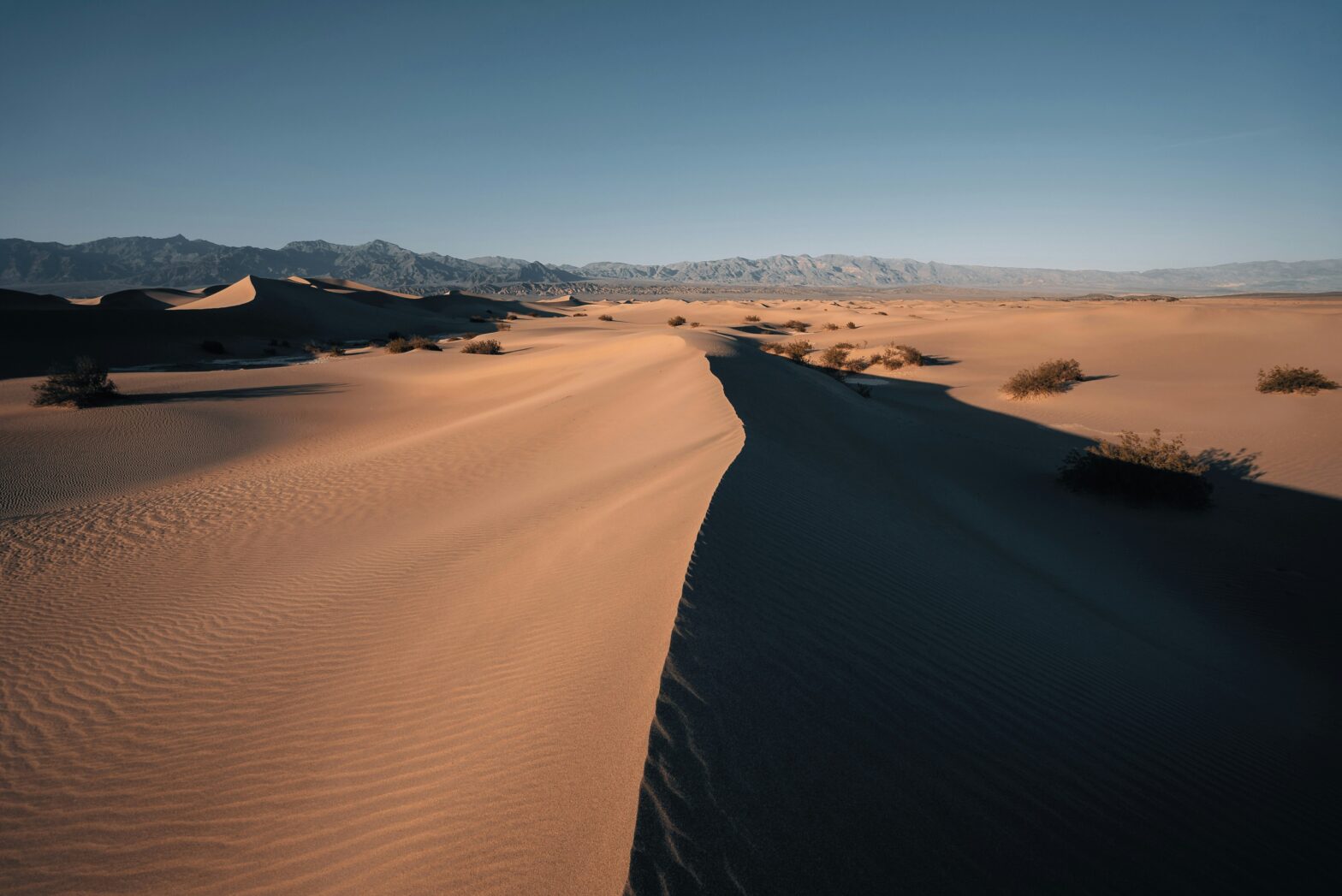Last week, while I was cleaning, I came across one of my dad’s old books that grabbed my attention. I started reading it (it’s a great book, by the way—True Repentance by Zacharias Tanee Fomum). There was a part that talked about sins that lead to death, with a bunch of biblical examples. One story from 1 Kings 13:1-24 really stuck with me (you can read the whole chapter here; 1 Kings 13). In it, God tells a man of God not to eat or drink in the places he visits and not to take the same route back. After obeying for a while, he eventually fails this test. I couldn’t help but feel bad for him—why would God set such a trap, knowing it would lead to his immediate death?
It got me thinking about how we’ve all had those moments when we do something that seems small or harmless to us, but to God, it’s a big deal. Sometimes, His response might be way harsher than we ever imagined. Thankfully, Jesus Christ came to die for our sins, so we don’t face punishment as quickly or severely as the early believers did. But the examples given in this book I read caught me off guard so much, I forgot why I started reading the book in the first place. It made me wonder: what other “innocent” sins in the Bible led to such serious consequences and why were these sins taken so seriously?
I’ve read the story of the man of God from Judah over and over, and I still can’t help but feel like it was so unfair to him. Yes, he got a direct instruction from God and followed it… until he met an older prophet who told him it was okay to do the opposite. I can totally see why he would’ve believed him—it was an experienced man of God, and let’s be honest, God can use others to give new instructions sometimes. So for him to die like that just felt like such a shame, especially since the old, cunning prophet went completely unpunished.
1 Kings 13: 16 – 24
16 The man of God said, “I cannot turn back and go with you, nor can I eat bread or drink water with you in this place. 17 I have been told by the word of the Lord: ‘You must not eat bread or drink water there or return by the way you came.’”
18 The old prophet answered, “I too am a prophet, as you are. And an angel said to me by the word of the Lord: ‘Bring him back with you to your house so that he may eat bread and drink water.’” (But he was lying to him.) 19 So the man of God returned with him and ate and drank in his house.
20 While they were sitting at the table, the word of the Lord came to the old prophet who had brought him back. 21 He cried out to the man of God who had come from Judah, “This is what the Lord says: ‘You have defied the word of the Lord and have not kept the command the Lord your God gave you. 22 You came back and ate bread and drank water in the place where he told you not to eat or drink. Therefore your body will not be buried in the tomb of your ancestors.’”
23 When the man of God had finished eating and drinking, the prophet who had brought him back saddled his donkey for him. 24 As he went on his way, a lion met him on the road and killed him, and his body was left lying on the road, with both the donkey and the lion standing beside it.
Can you imagine the level of wickedness? To knowingly lie about what God said (blasphemy), cause someone else to sin (another sin), and then lead to that person’s death (basically murder)—and yet, the old man wasn’t punished at all! It really makes me feel some kind of way.
In the scriptures, God clearly instructed that no one was to touch the Ark of the Covenant. A simple and straightforward command, right? But what do you do when you’re the one responsible for carrying the Ark and it’s about to fall? My instincts would be the same—I’d try to catch it so it doesn’t get damaged. And yet, the Bible calls this an “irrelevant act.” Uzzah died instantly for it. By my own human reasoning, it feels so unfair.
David again brought together all the able young men of Israel—thirty thousand. 2 He and all his men went to Baalah in Judah to bring up from there the ark of God, which is called by the Name, the name of the Lord Almighty, who is enthroned between the cherubim on the ark. 3 They set the ark of God on a new cart and brought it from the house of Abinadab, which was on the hill. Uzzah and Ahio, sons of Abinadab, were guiding the new cart 4 with the ark of God on it, and Ahio was walking in front of it. 5 David and all Israel were celebrating with all their might before the Lord, with castanets, harps, lyres, timbrels, sistrums and cymbals.
6 When they came to the threshing floor of Nakon, Uzzah reached out and took hold of the ark of God, because the oxen stumbled. 7 The Lord’s anger burned against Uzzah because of his irreverent act; therefore God struck him down, and he died there beside the ark of God.
8 Then David was angry because the Lord’s wrath had broken out against Uzzah, and to this day that place is called Perez Uzzah.
9 David was afraid of the Lord that day and said, “How can the ark of the Lord ever come to me?” 10 He was not willing to take the ark of the Lord to be with him in the City of David. Instead, he took it to the house of Obed-Edom the Gittite. 11 The ark of the Lord remained in the house of Obed-Edom the Gittite for three months, and the Lord blessed him and his entire household.
Honestly, I can’t even blame David for not wanting to bring the Ark in after that. I’d be terrified to be responsible for something so dangerous! It really makes me wonder, though—what was the right thing to do in that situation? Was Uzzah supposed to just let the Ark fall? Could it have been a test for someone else who was there that day? I get that the Ark is holy and no one was supposed to touch it, so I guess God had to stick to His word. But then why did it almost fall in the first place, leading to Uzzah’s death? Maybe it was just his time, or maybe it was a consequence of another sin we don’t know about. In the end, we can never fully understand the mind of God.
In the example of the Israelites, God sent venomous snakes as punishment after they complained about not having food and drink. Honestly, the Israelites could be pretty annoying, and I can’t imagine how patient Moses had to be to lead them. As humans, we complain A LOT! We grumble when it rains, and we grumble when it doesn’t. We complain when we’re bored and when we’re busy. It feels like we’re always finding something to complain about. So just imagine being bitten by venomous snakes for running your mouth one too many times!
4 They traveled from Mount Hor along the route to the Red Sea, to go around Edom. But the people grew impatient on the way; 5 they spoke against God and against Moses, and said, “Why have you brought us up out of Egypt to die in the wilderness? There is no bread! There is no water! And we detest this miserable food!”
6 Then the Lord sent venomous snakes among them; they bit the people and many Israelites died. 7 The people came to Moses and said, “We sinned when we spoke against the Lord and against you. Pray that the Lord will take the snakes away from us.” So Moses prayed for the people.
8 The Lord said to Moses, “Make a snake and put it up on a pole; anyone who is bitten can look at it and live.” 9 So Moses made a bronze snake and put it up on a pole. Then when anyone was bitten by a snake and looked at the bronze snake, they lived.
No matter how annoying the Israelites were, we can’t deny that God’s favor was still with them. After being bitten by the snakes, God provided a cure for their ailments by instructing Moses to make the bronze serpent. It makes me wonder—why was He merciful in this situation but seemed ruthless in others? It’s a mystery I still don’t quite understand.
Moral of the story:
We never know which sin might be the last straw, potentially leading to our death without a chance to repent. That’s why it’s crucial to LISTEN and OBEY the commandments given to us. If you’re unsure what those commandments are, open the Bible and read it—God is very clear about what He considers sin and unacceptable.
Don’t let any man of God lead you astray (like in the first example); instead, allow the voice of God and the Holy Spirit to guide you. Sin is sin in the eyes of God – no matter how big or small – and there are consequences to every action.
I pray that the Spirit of the Lord continues to guide us on the right path and reminds us of both the collective and personal commandments God has given us.
Stay Blessed x


